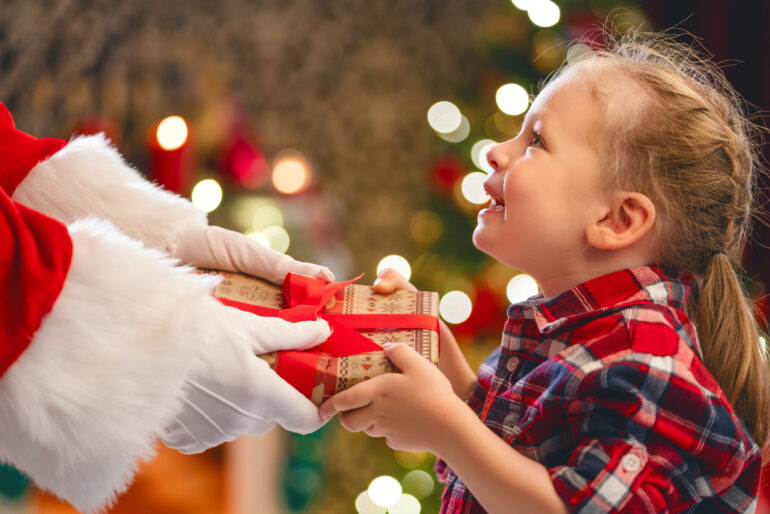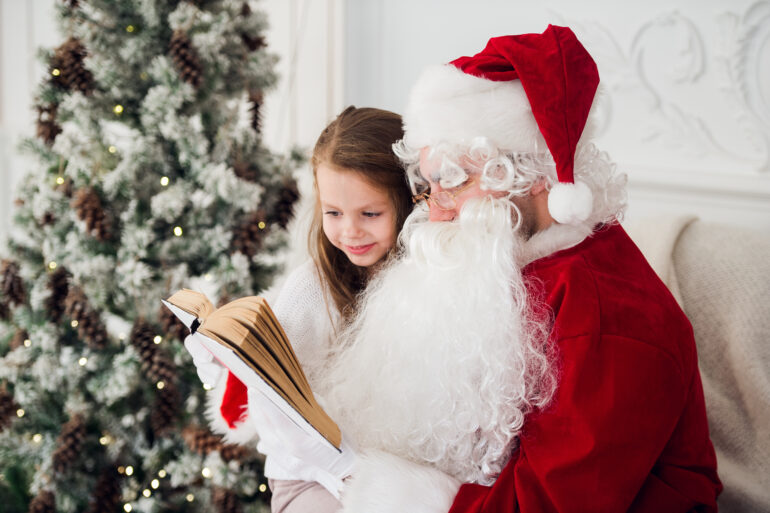In the enchanting realm of childhood, few figures capture the imagination like Santa Claus. The Merry Man in Red has been a symbol of holiday cheer for generations, bringing joy and excitement to children around the world. While some may argue that revealing the truth about Santa could damage a child's confidence, there are compelling reasons why it's perfectly fine—and even beneficial—for children to believe in Santa. In this article, with the help of experts, we reveal to you why nurturing this belief is a valued part of childhood.
Why is it good that as long as possible children believe in Santa Claus? In a world that often moves too fast, there is innocence and wonder to come with Santa Claus, a haven for children. Embracing the magic of Santa is more than just perpetuating the charming myth—it's nurturing creativity, encouraging kindnessand creating valuable family traditions.

Why should children believe in Santa Claus?
The power of imagination
Belief in Santa Claus encourages children to they exercise their imagination, which stimulates their creativity that will benefit them throughout their lives. The ability to dream, create and envision possibilities is a valuable skill that can lead to innovative thinking in various aspects of life.
Cultivating curiosity
He embodies Santa Claus a spirit of wonder and mystery and creates a sense of awe, which is crucial for a child's intellectual and emotional development. Fostering curiosity at a young age lays the foundation for a lifelong love of learning and exploration.

Encouraging generosity and kindness
The story of Santa isn't just about receiving presents; it's also about giving. Children learn joy generosity, when they leave milk and cookies for Santa, reinforcing the idea that kindness and giving are an integral part of the holiday season.
Creating family traditions
Belief in Santa Claus often involves participating in wonderful traditions such as writing letters, hanging socks. These rituals not only create lasting memories, but also strengthen family ties, provide a sense of unity and shared joy.
Encouraging positive predictions
It promotes a positive outlook on life. Children learn foresee good things, emphasize the importance of hope and optimism. This optimistic mindset can contribute to resilience and the ability to navigate challenges with a positive attitude.

Teaching critical thinking
As children grow up, the realization that Santa may be a symbolic figure rather than a literal one can become part of their cognitive development. This transition offers parents an opportunity to teach them critical thinking skills thoughtsand help children distinguish between fantasy and reality.
Preserving the magic of childhood
Childhood is a fleeting and precious time. Belief in Santa Claus allows children to hold on to the magic of innocence a little longer, protects them from the harsh realities of the world, and allows them to enjoy the joyous holiday season.






